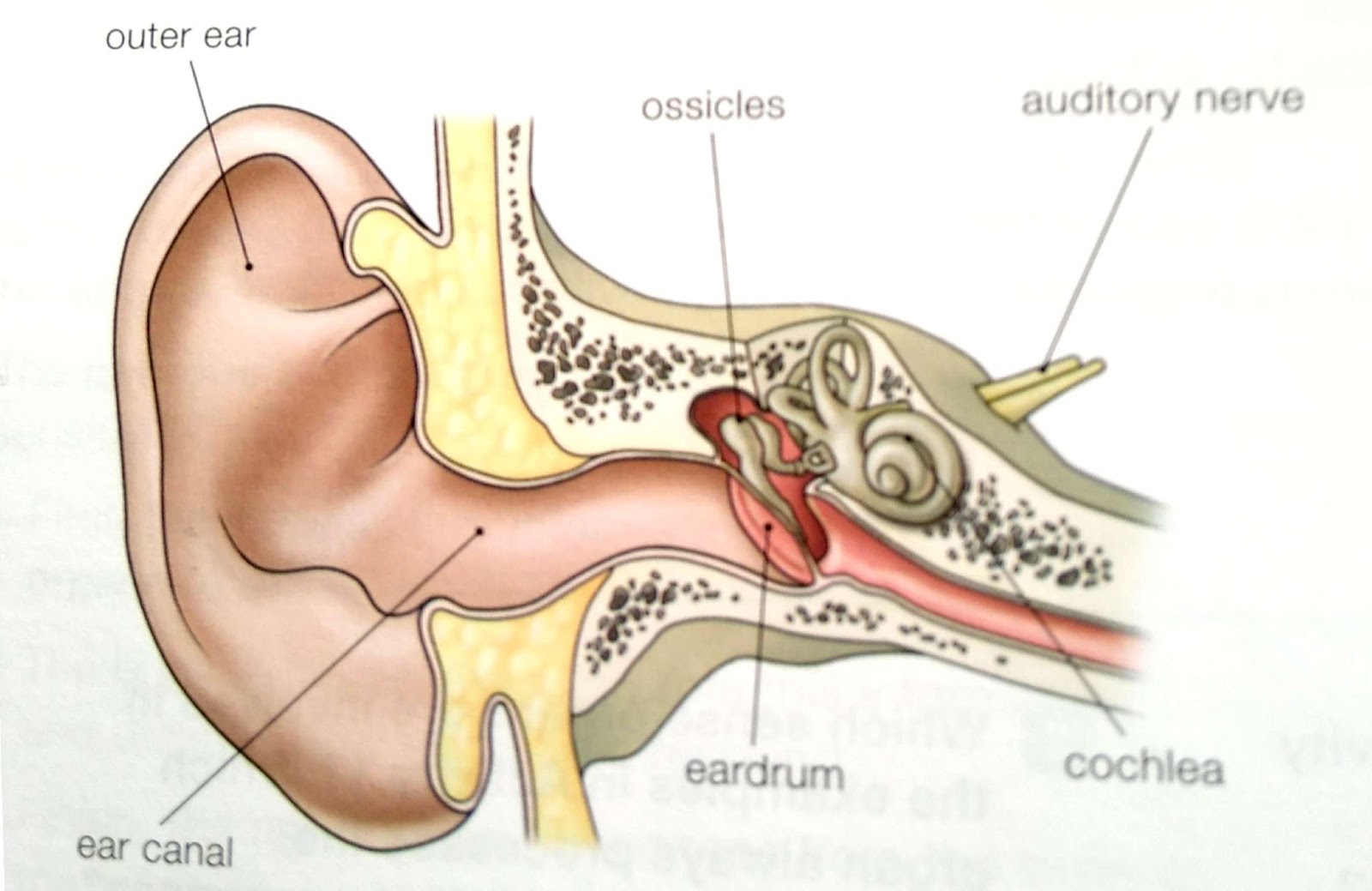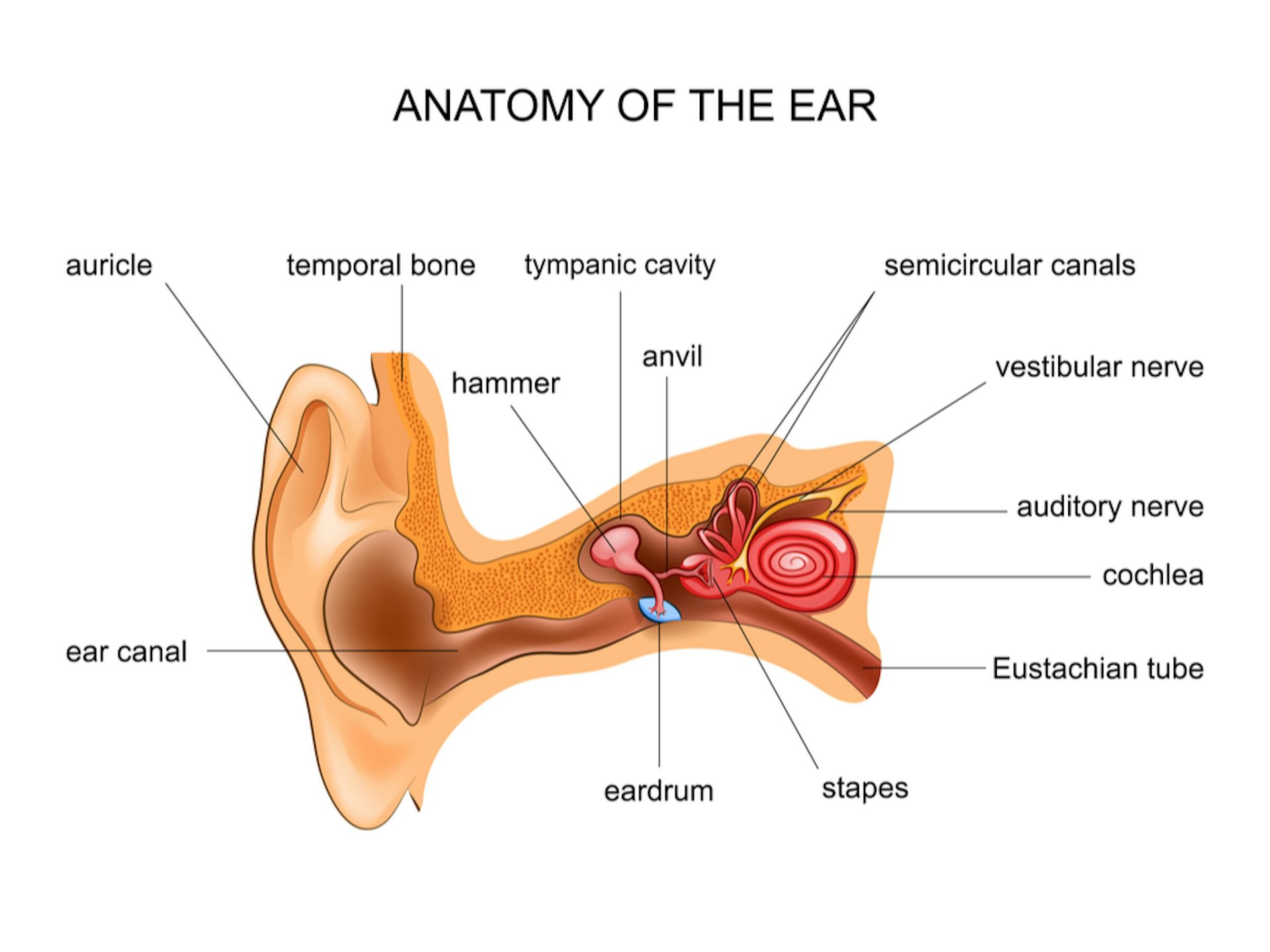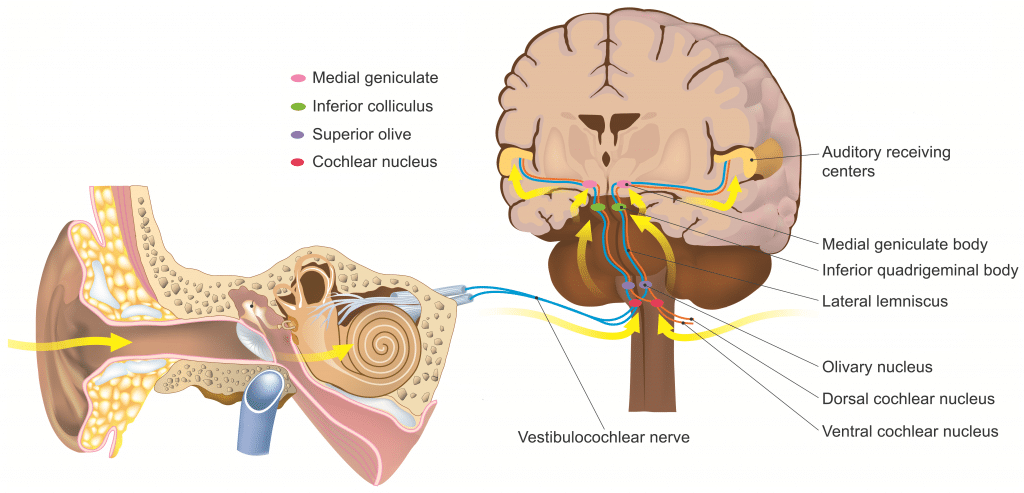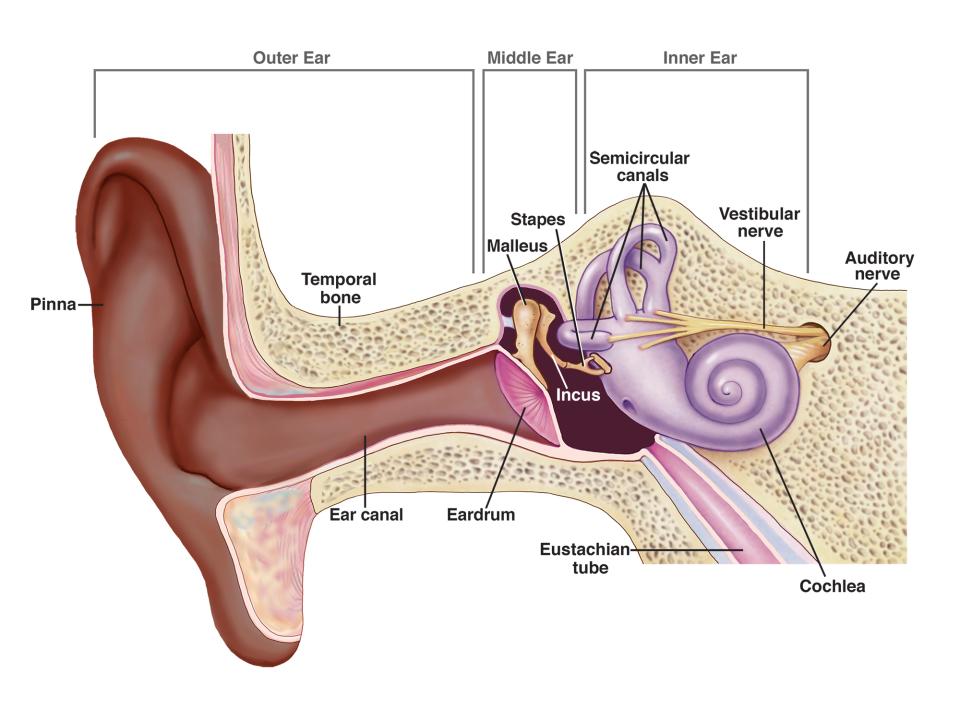

Pain that originates from the ear is called primary otalgia, and the most common causes are otitis media and otitis externa. NSAIDs are medications which help reduce inflammation and pain and some extremely strong antibiotics may be some of the causes that affect nerves in various ways.Otalgia (ear pain) is a common presentation in the primary care setting with many diverse causes. There are certain medications which can cause damage to the inner ear nerves without the patient realizing it. Consuming Certain Medicines – This is a lesser known cause of inner ear nerve damage.People who work in a night club or in noisy factories, mines, textile mills, quarries or any other place where high levels of sounds are produced on a regular basis then it affects their ears and makes them extremely susceptible to nerve damage. Loud noise – If a person is exposed to loud sounds for a long time, it too can damage the inner ear nerves.Viral infections too can sometimes be one of the main causes of inner ear nerve damage. Moreover, the balance mechanism of the body may also get compromised due to the infection.


Tumors, growths or any vascular occlusions around the auditory nerve are a common cause of inner ear nerve damage.

Tumors – If a patient is suffering from brain tumor, it compresses the auditory nerve branches which results in imbalance and loss in hearing.If the temporal bone experiences a closed injury, it can damage the auditory nerve and affect its functioning to a large extent. Injury – One of the most common and main causes of inner ear nerve damage is injury to the ears.The main causes of inner ear nerve damage are mentioned below: The patients complain that though they can hear people around them mumbling, they are unable to understand what they are saying. The sensory nerve is no longer able to transmit proper signals to the brain and in many cases such hearing loss is very sudden. When the sensory nerve endings get damaged, it can cause permanent hearing loss and this is one of the biggest symptoms of inner ear nerve damage. Hearing Loss – Being quite embarrassing and frustrating, hearing loss can often make people feel isolated.Vertigo is another common symptom of inner ear nerve damage and can affect the person’s ability to maintain balance or function efficiently. This is an abnormal motion sense and may be accompanied by nausea and vomiting. Vertigo – In this symptom, the patients feel as if everything around them is spinning even though in reality nothing is moving.However, such a sound can only be heard by the person suffering from inner ear nerve damage and not those around him. It can be a roar, a buzzing or clicking sound or a constant ringing and may be experienced in one or both the ears. A constant sound which does not come from the surroundings but is heard by the person almost continuously is known as tinnitus. Tinnitus – The commonest symptom of inner ear nerve damage is tinnitus.There are 3 major symptoms of inner ear nerve damage which indicate the problem clearly.


 0 kommentar(er)
0 kommentar(er)
